People wonder why Africa is in such disarray and one of the answers is right in front of our eyes and tauntingly flaunted as if it is of no significance at the so-called beginning of every year. Africa’s disorder is tied to colonial time standards enforced by the Gregorian Calendar (1582). Derogatory terms like “African Time” marginalise native timekeeping, often seen as inefficient and primitive. Many Africans, perhaps out of cowardice, conform to the Gregorian Calendar, dismissing the existence and potential revival of Africa’s indigenous time systems.
The Gregorian Calendar is aligned with the Northern Hemisphere, and ancient monuments like Stonehenge (a mere 5000 years old), show how initially, this might have had nothing to do with colonial aspirations. Over time, Westerners whitewashed indigenous practices, with the Western church using the New Testament to suppress ancestral traditions and alchemic practices that had existed in the Old Testament. Even the familiar inclusion of solar worship principles into biblical scripture by Emperor Constantine was meant to spread Christianity.
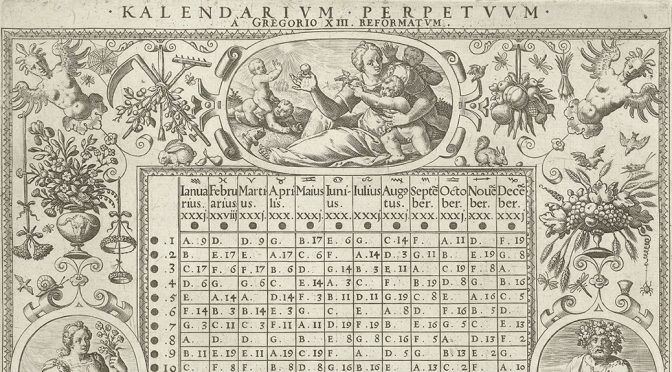
The celebration of New Year’s Day, even under the Gregorian calendar, curiously holds distinct histories and customs globally, with people of African descent increasingly embracing it as a culturally significant holiday. In their video, YouTuber Intelexual Media highlights how major Black American historical events on New Year’s Day including the Haitian abolition of slavery in 1804, the ban on the transatlantic slave trade in 1808, and the Emancipation Proclamation in 1863, justify why it has become such a significant feature of African American culture.
Despite horrific 20th-century racial events like the release of The Birth of a Nation, originally titled The Clansman (1915) and tragedies like the Rosewood Massacre (1923) where a white mob assaulted the Black community in Florida, resulting in the death of more than 30 Black women and Mark Essex, the “New Orleans Sniper”, a black nationalist who killed nine white people, including five police officers, and injured 12 others in 1972, New Year’s remains a time of celebration, home cleaning, and resolutions for most Black Americans.
That’s all well and good for Americans who have every prerogative to live life according to whiteness, but African history has a whole different set of factors when it comes to the celebration of New Year’s Day. Disgustingly, the 442-year-old Gregorian Calendar replaced the 75,000-year-old Nzalo Yelanga (aka Adam’s Calendar) in Mpumalanga, which is regarded as the oldest manmade structure on the planet. It declares September 23rd as the African New Year, based on the spring equinox, signifying the start of spring with equal day and night, and representing the birth of the sun, renewal, and the cyclical nature of life.
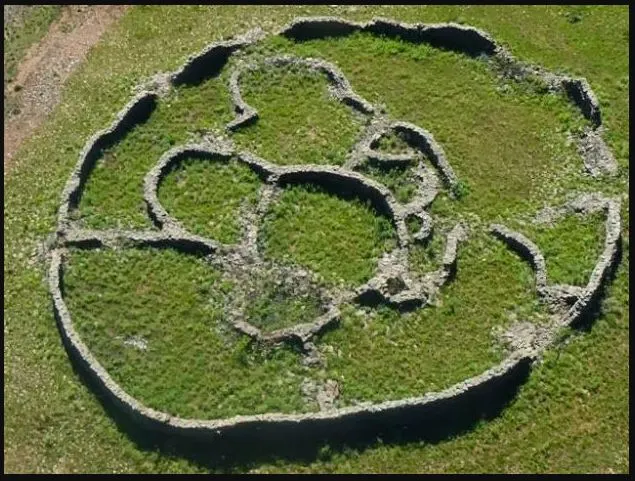
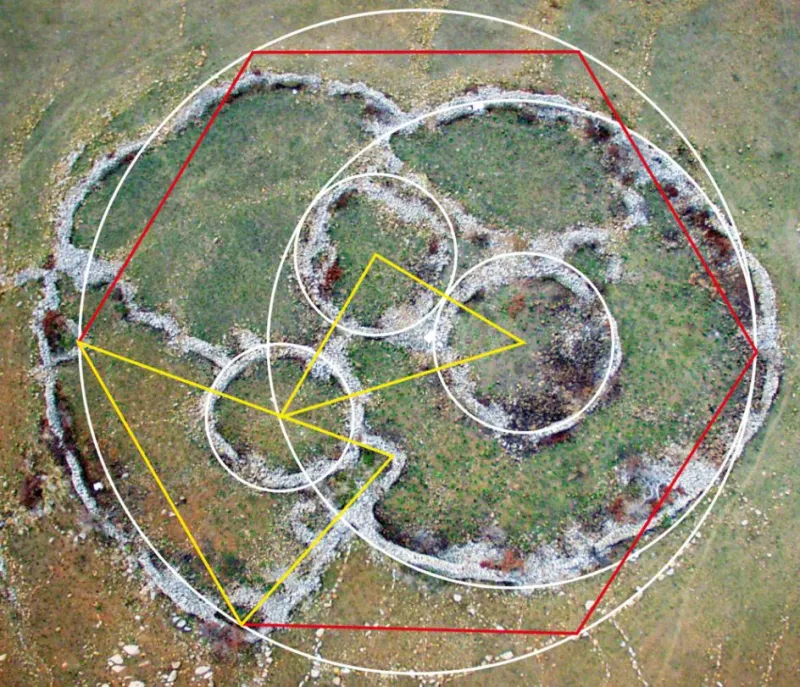
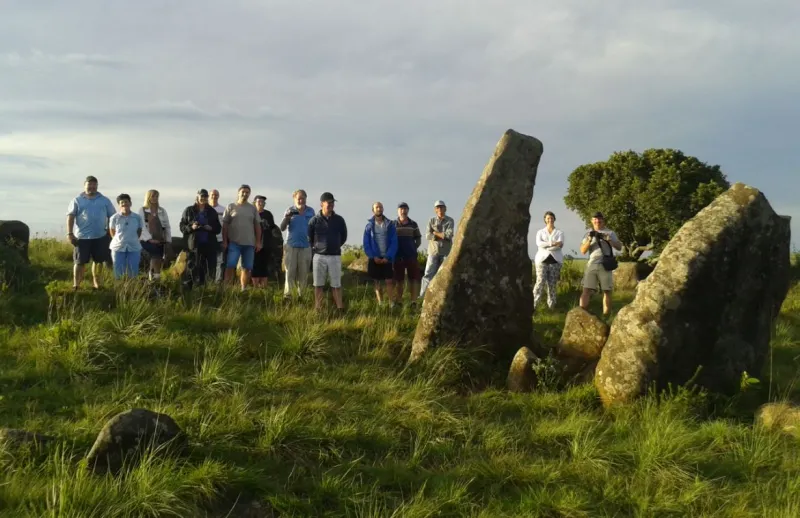
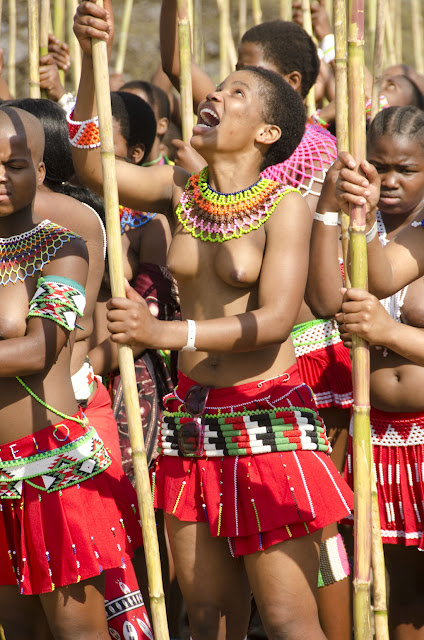
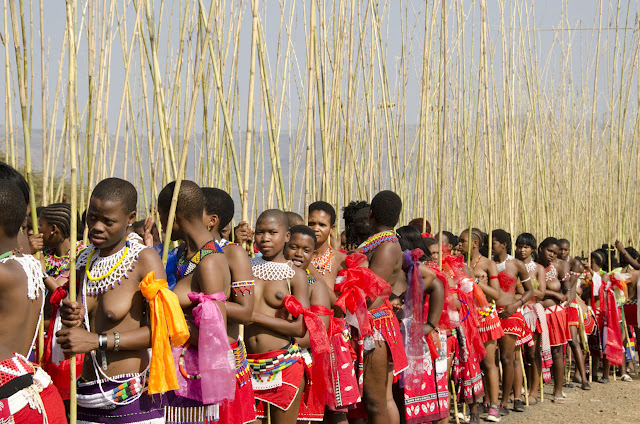
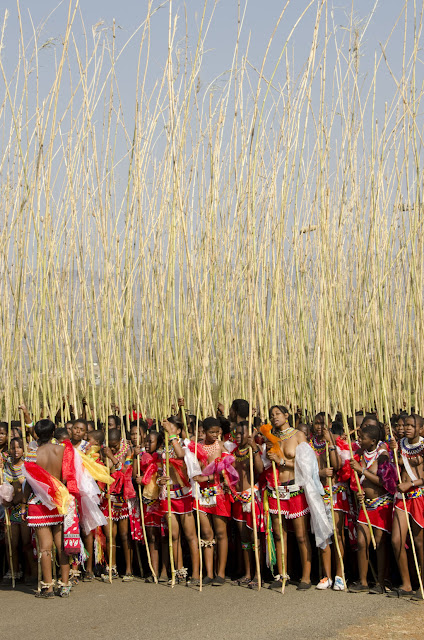
The annual Zulu reed dance takes place along the Zululand Heritage Route, which traces ancient trade routes and the region’s historical and cultural landscape. Taking place around the African New Year, the reed dance sees tens of thousands of maidens participate in honour of the sacred nature of sexuality. Originating as a traditional rite of womanhood, the ceremony’s historical roots connect to the king’s selection of new wives. During ceremonies, virgin girls offer reeds, not just as symbols of reverence but also to fortify the royal house. The reeds also symbolise death, viewed in ancient Kemet not as an end but as a new beginning.
The ancient African Royal calendar is crucial for decolonisation, as it is the foundation of African knowledge systems. Colonialism not only deprived Africans of land and resources but stole knowledge and ancestral wisdom, which benefitted Western “civilisation” but disrupted the harmony between Africans and their own nature. Proponents of the African calendar like Credo Mutwa‘s protege Mkhulu Ntsingisa of the Great Empire of Kemet movement highlight the necessity to rediscover and embrace this profound aspect of African heritage, which is crucial for manifesting abundance and harmony with nature.
*Thumbnail image courtesy of Jabulani Langa



















































